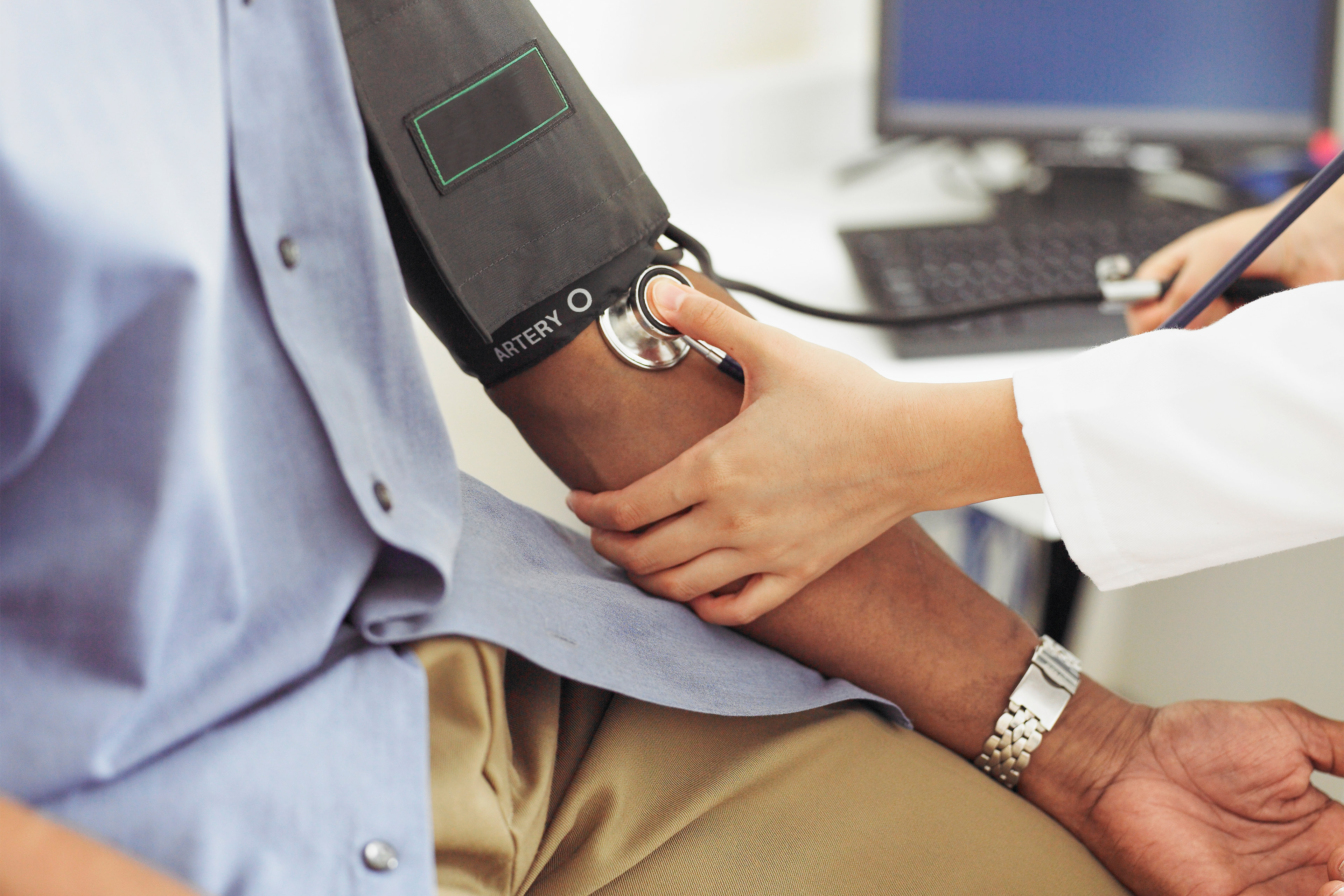Table of Contents

If you have or think you may have COVID-19 there are steps you should take to reduce the chances of transmitting the virus to other people. Your physician or local health department should be able to provide you with complete instructions, but these are four of the steps you should take.
1. Wear a Mask
A cloth or disposable face covering can reduce the chances of coronavirus being transmitted from you to other people through respiratory droplets. You should always wear a face covering over your nose and mouth whenever you may come in contact with family members, caregivers, pets or other people. If family members are helping care for you while you are ill, they should also consider wearing personal protective equipment.
2. Stay Home
The best way to avoid transmitting the virus is to avoid contact with other people and animals as much as possible. You should stay home except to receive medical care. If you live with other people, separate yourself from them as much as possible. Do not visit common areas, such as laundry facilities or swimming pools. If possible, have food and other needed items delivered to your home. Do not use public transportation.
3. Tell Anyone You May Have Already Infected
A person with COVID-19 can spread the virus as early as 48 hours before showing any symptoms or testing positive for the disease. If you came in contact with family members, co-workers, friends or anyone else during the 48-hour period before your symptoms began or the date you were tested, you should notify those people that they may have been exposed to coronavirus so that they can get tested and self-quarantine. Your state or county may have a legal requirement in place for you to cooperate with contact tracing.
4. Keep Track of Your Symptoms
If you have mild symptoms your medical provider may recommend that you quarantine at home. However, you should keep track of symptoms and seek emergency care if you experience difficulty breathing, new confusion, bluish lips or face, inability to wake or stay awake, or persistent pain or pressure in the chest. If you need emergency care, call ahead to notify your emergency facility that you have COVID-19 and will be seeking care.
Coronavirus is highly contagious, but even people who have an active infection can take steps to reduce the chances of spreading the virus. Talk to your doctor about additional measures you should take.




